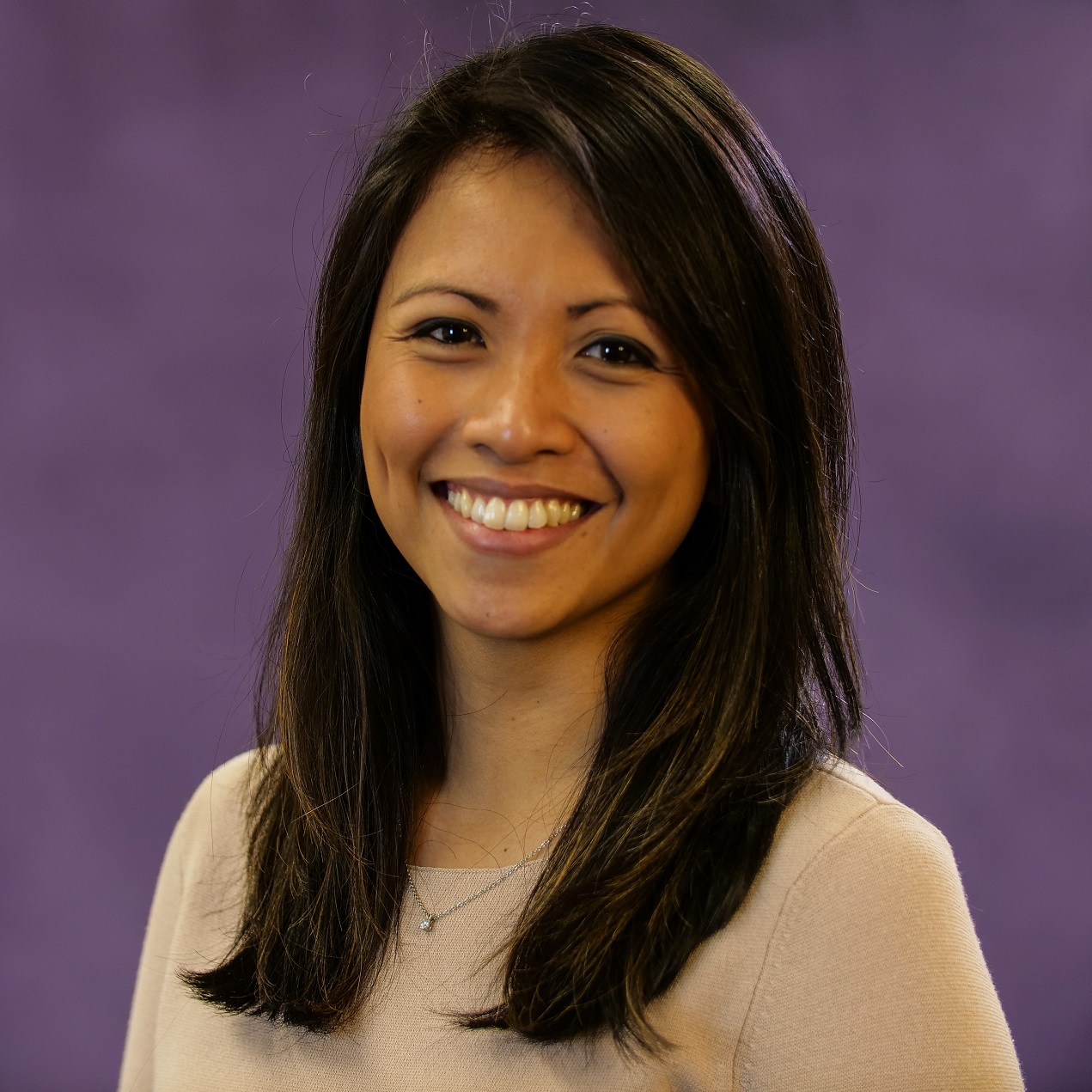
Karl Cristie Figuracion is a PhD in Nursing Science candidate and one of the de Tornyay Center’s 2022-2023 Healthy Aging Doctoral Scholars. Her project is “Environmental enrichment and cortical changes among brain tumor survivors”. Her faculty mentor is Dr. Hilaire Thompson.
Why did you choose nursing?
I chose the nursing profession, as I was really moved by the care that my grandmother received when she was sick, and seeing the nurses be involved by her bedside throughout the sickness, even toward the end of life.
It was all related to my clinical practice. I was seeing patients with brain tumors, and after treatment, I started noticing cognitive issues. I saw people who were physically engaged or socially engaged and able to return to work. They tend to do better. When I looked at the literature, there wasn’t really much research in terms of this patient population or this question. I went back to school with this premise of learning the methodology to ask these questions and to do this research to help patients with brain tumors.
What interested you about research?
It was all related to my clinical practice. I was seeing patients with brain tumors, and after treatment, I started noticing cognitive issues. I saw people who were physically engaged or socially engaged and able to return to work. They tend to do better. When I looked at the literature, there wasn’t really much research in terms of this patient population or this question. I went back to school with this premise of learning the methodology to ask these questions and to do this research to help patients with brain tumors.
What is your project with the de Tornyay Center?
Looking at environmental factors, specifically environmental enrichment, being physically active, social engagement or social network, and return to work, and how that influences healthy aging among cancer survivors after radiation.
Why is this project important to do?
I think about my patients after cancer diagnosis, and having to already undergo that treatment and having fought so hard and then they continue to experience cognitive issues, functional decline. Yet we still are lacking research as to what helps them after their treatment.
What sort of functional decline do you see after brain tumor treatment?
So after brain tumor diagnosis, they go through surgery. After surgery, sometimes they have neurological issues, whether that’s weakness on one side over the other, or whether it’s word-finding difficulty, whether it’s balance issues related to where the tumor was in the brain.
After treatment, some of our patients continue to have these, even if it’s mild. That’s the other thing that I wanted to see, how can we prevent this progressive neurological decline? They continue to have this, despite not having the disease itself.
Has there been anything that has surprised you while working on research projects during your PhD program?
One of the things that I probably enjoyed the most, and was surprised about, was how much enthusiasm my patients have in this type of research. We probably asked 39 patients and 37 agreed. As soon as I said, we’re working on this, it was just like, yes. I hadn’t even told them about the reimbursement.
What interests you about healthy aging?
It’s the fact that it’s so broad, and it truly applies to all populations, because we all age. So whether that is going through a chronic disease, whether that’s after treatment, whether that’s after a brain injury or a traumatic event. We go on and live our life. This research is about continuing to live your life, despite all of those challenges and all of those issues.
You mentioned your work with cancer patients. What’s your clinical background?
I have been a registered nurse since 2011, and I went back to school for my masters, to be a nurse practitioner in 2013, because I wanted to expand my role so that I could better advocate for my patients. As I was completing my master’s program, I was an outpatient oncology nurse.
I still work as a practitioner at the University of Washington Alvord Brain Tumor Center. I have two days of clinic, and am very involved in the quality improvement projects.
What’s it been like balancing being a practicing nurse and a PhD student?
I see both of them together, honestly. I’m currently leading the neuro-oncology survivorship program at the Alvord Brain Tumor Center. One of the core and foundational things about our program is research, and here I am learning the methodology of this research to better help our patients. So I see it hand in hand. There’s a lot of overlaps.
I think last quarter was probably one of the challenging quarters that I had, because I was working as a 50% nurse practitioner, and I also had the opportunity to teach the NCLIN 501 and 500. So that’s 50% and 50%, and then a full time student, trying to enroll my patients. It’s definitely put into perspective what our faculty go through trying to switch hats between being a clinician, being an instructor, and then being a researcher.